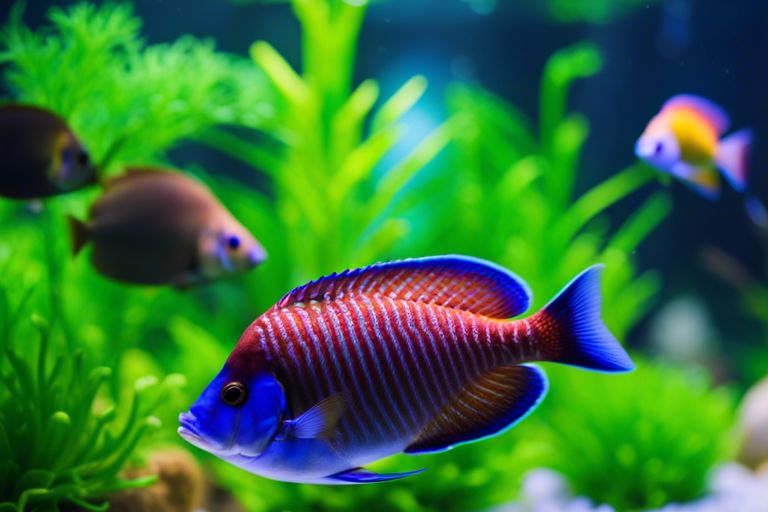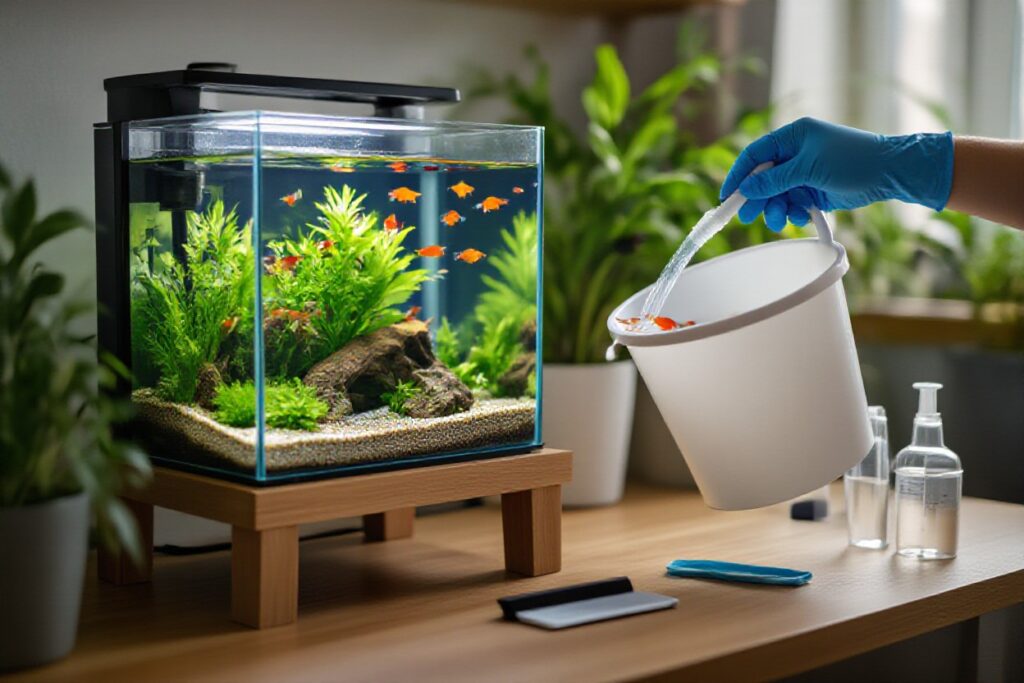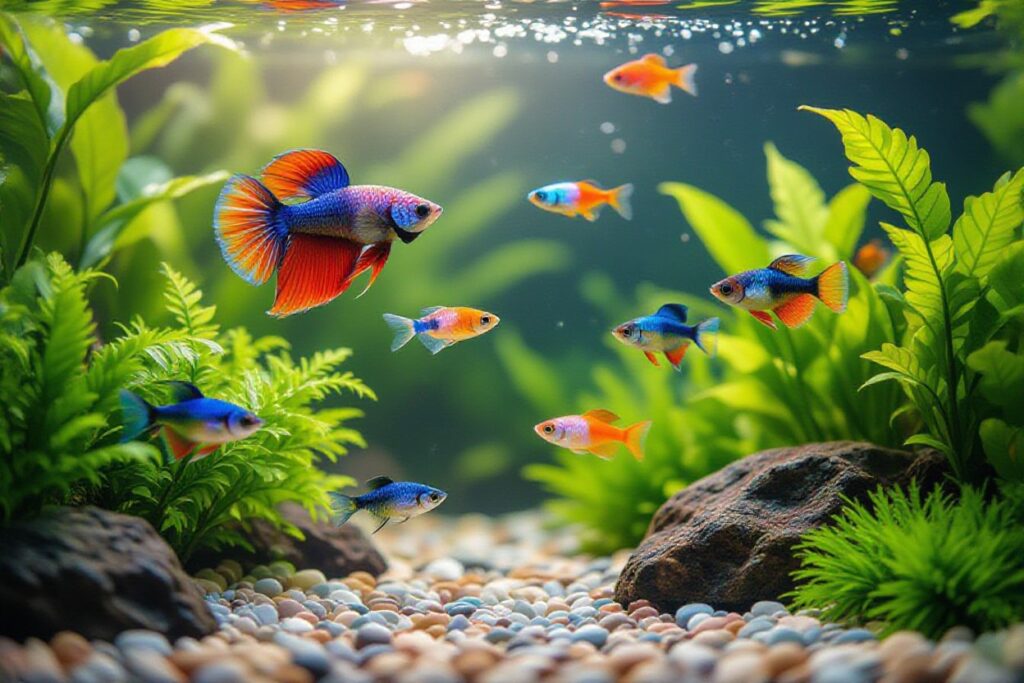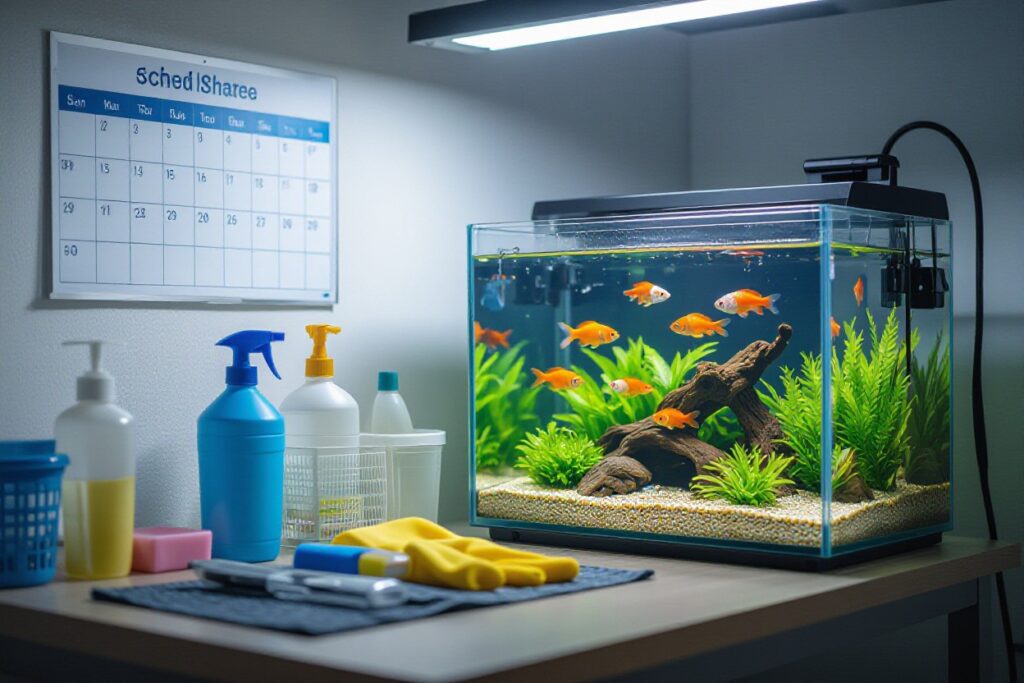Just like SUVs dominate the American automotive landscape, water parameters dominate the health and well-being of your aquarium ecosystem. Maintaining the proper balance of parameters such as pH, ammonia, nitrites, and nitrates is crucial for the overall health of your aquatic inhabitants. In this informative blog post, we will examine into the significance of monitoring and adjusting water parameters in your aquarium to ensure a thriving aquatic environment.
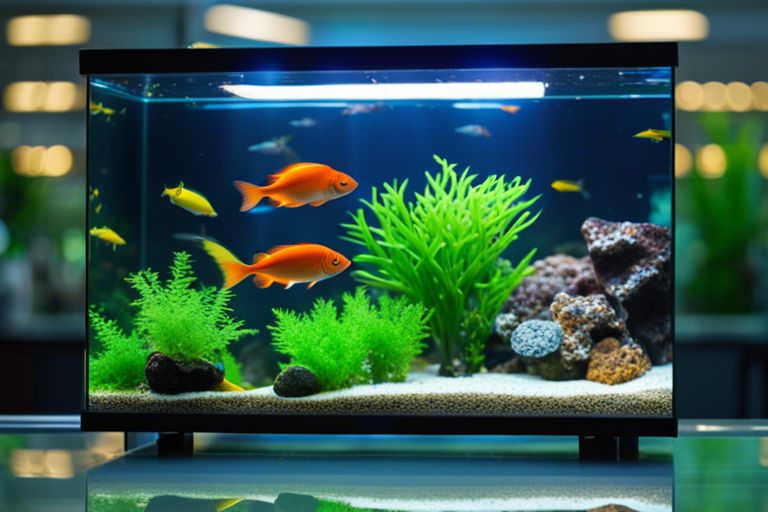
Fundamentals of Aquarium Water Chemistry
The Role of pH in Aquarium Health
Health of the fish and overall ecosystem within your aquarium heavily relies on maintaining the proper pH levels. pH is a measure of how acidic or basic the water is on a scale of 0 to 14, with 7 being neutral. Most freshwater aquarium fish thrive in a pH range between 6.5 and 7.5, although some species may have specific requirements outside of this range. Fluctuations in pH can stress fish, making them more susceptible to diseases and affecting their overall well-being. Regular monitoring and adjustment of pH levels are crucial for the health of your aquatic inhabitants.
Understanding Water Hardness and Its Impact
On the other hand, water hardness refers to the concentration of dissolved minerals, primarily calcium and magnesium, in the water. It is categorized into two types – carbonate hardness (KH) and general hardness (GH). KH measures the stability of pH levels, while GH affects the overall health of aquatic plants and fish. Aquarium water with low hardness can lead to unstable pH levels, affecting the well-being of your aquatic pets. It is important to test and adjust water hardness to create a suitable environment for your aquarium inhabitants.
Aquarium water hardness can be adjusted by using additives or through the choice of substrates and decorations in the tank. Keeping the water hardness within optimal levels ensures a stable aquatic environment and promotes the health and vitality of your aquarium ecosystem.
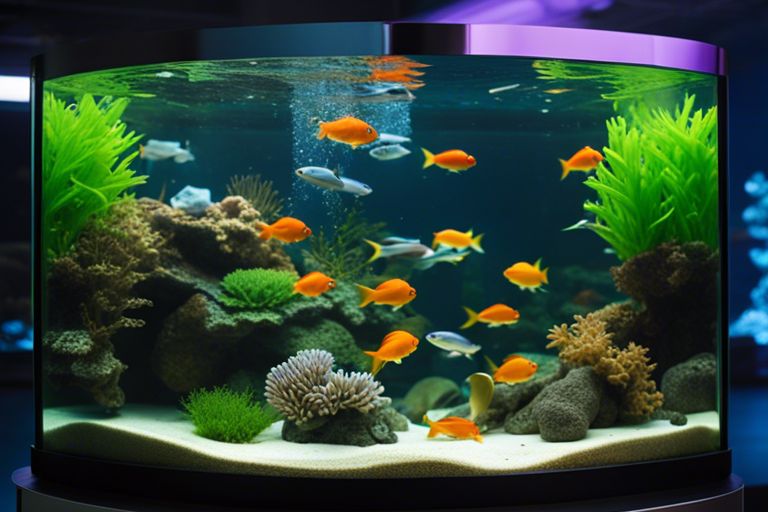
Key Water Parameters to Monitor
Ammonia, Nitrite, and Nitrate Levels
Water parameters such as ammonia, nitrite, and nitrate levels are crucial indicators of the quality of water in your aquarium. Ammonia is highly toxic to fish and can build up from fish waste and uneaten food. Nitrite is also toxic and is produced as a byproduct of ammonia breakdown by beneficial bacteria. Nitrate, the end product of the nitrogen cycle, is less toxic but can still be harmful in high concentrations. Regularly testing and monitoring these levels is imperative to prevent stress and illness in your aquatic pets.
The Importance of Oxygen and Carbon Dioxide Balance
An adequate balance of oxygen and carbon dioxide is imperative for the health and well-being of your aquarium inhabitants. Fish and other aquatic organisms rely on oxygen for respiration, while plants require carbon dioxide for photosynthesis. Poor oxygen levels can lead to suffocation and stress in fish, while imbalances in carbon dioxide can hinder plant growth and disrupt the overall ecosystem. Maintaining proper aeration and plant health is key to ensuring a harmonious balance of these gases in your aquarium.
Maintaining Optimal Water Conditions
Regular Testing and Monitoring Practices
On a regular basis, it is vital to test the water parameters in your aquarium to ensure the conditions are optimal for the health of your aquatic pets. Test kits are readily available for parameters such as pH, ammonia, nitrite, and nitrate levels. Monitoring these parameters allows you to catch any fluctuations early on and take necessary actions to correct them.
Water Change Schedules and Filtration Systems
Change
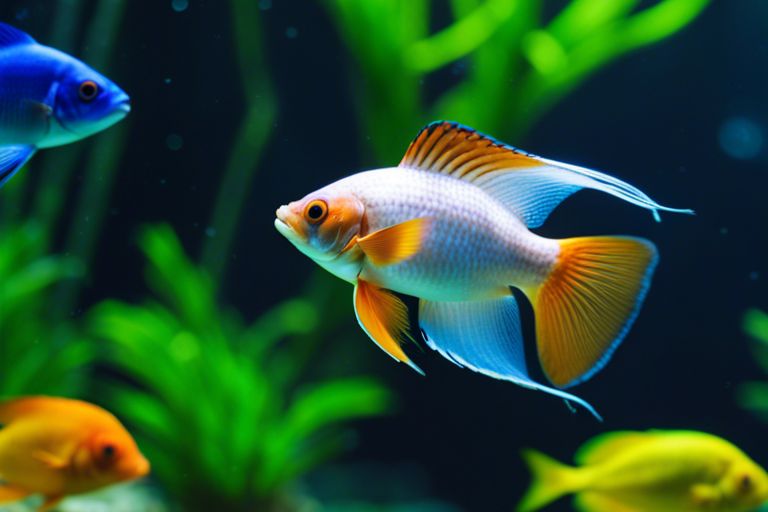
Addressing Water Parameter Fluctuations
Troubleshooting Common Water Quality Issues
To ensure a healthy aquatic environment for your fish, it is imperative to address common water quality issues promptly. Test your water regularly to monitor parameters such as pH, ammonia, nitrite, and nitrate levels. If you notice any abnormalities, such as high ammonia or nitrite levels, perform partial water changes and consider adjusting your filtration system or feeding routine to prevent further imbalances.
Strategies for Stabilizing Aquarium Environments
To stabilize your aquarium environment and maintain consistent water parameters, consider implementing strategies such as establishing a regular maintenance routine, including weekly water changes and filter cleanings. Additionally, ensure proper feeding practices to prevent overfeeding, which can lead to excess waste and water pollution. Monitoring your water parameters closely and making gradual adjustments will help create a stable and healthy habitat for your aquatic pets.
Stabilizing the water parameters in your aquarium is crucial for the overall health and well-being of your fish. Sudden fluctuations in pH, ammonia, nitrite, or nitrate levels can stress or even harm your fish. By following these strategies and staying proactive in managing your aquarium, you can create a stable and thriving aquatic environment for your beloved pets.
Final Words
From above, it is evident that maintaining proper water parameters in your aquarium is crucial for the health and well-being of your aquatic pets. By understanding the importance of parameters such as temperature, pH levels, ammonia, nitrites, and nitrates, you can create a stable environment that promotes optimal growth and vitality for your fish and plants. Regular monitoring and adjustments are necessary to ensure a thriving aquarium ecosystem. Do not forget, prevention is always better than cure when it comes to water quality issues in your aquarium. Stay vigilant, stay informed, and enjoy a beautiful and flourishing aquatic world in your own home.
FAQ
Q: Why are water parameters important in an aquarium?
A: Water parameters are crucial in maintaining a healthy aquatic environment for your fish and plants. They directly affect the health, behavior, and overall well-being of the aquatic life in your aquarium.
Q: What are the key water parameters to monitor in an aquarium?
A: The key water parameters to monitor in an aquarium include temperature, pH levels, ammonia, nitrite, nitrate, and water hardness. These parameters help ensure a stable and suitable environment for your aquatic pets.
Q: How often should water parameters be checked in an aquarium?
A: It is recommended to check water parameters in your aquarium at least once a week. More frequent testing may be required in newly established tanks, or if you notice any issues with your aquatic life.
Q: What tools are needed to test water parameters in an aquarium?
A: To test water parameters in an aquarium, you will need tools such as a thermometer for temperature, pH test kits for pH levels, and test kits for measuring levels of ammonia, nitrite, nitrate, and water hardness.
Q: How can water parameters be adjusted in an aquarium?
A: Water parameters can be adjusted in an aquarium through various methods such as water changes, adding chemical supplements, adjusting the filtration system, or incorporating live plants to help maintain a balanced ecosystem.
Q: What are the consequences of poor water parameters in an aquarium?
A: Poor water parameters in an aquarium can lead to stress, illness, and even death of your fish and plants. Imbalanced water parameters can result in harmful toxins building up quickly and impacting the overall health of your aquatic environment.
Q: How can I maintain stable water parameters in my aquarium?
A: To maintain stable water parameters in your aquarium, it is crucial to perform regular water tests, establish a consistent maintenance routine, properly cycle your tank, feed your fish responsibly, and avoid overstocking. By staying proactive and attentive, you can create a thriving aquatic ecosystem for your fish and plants.
